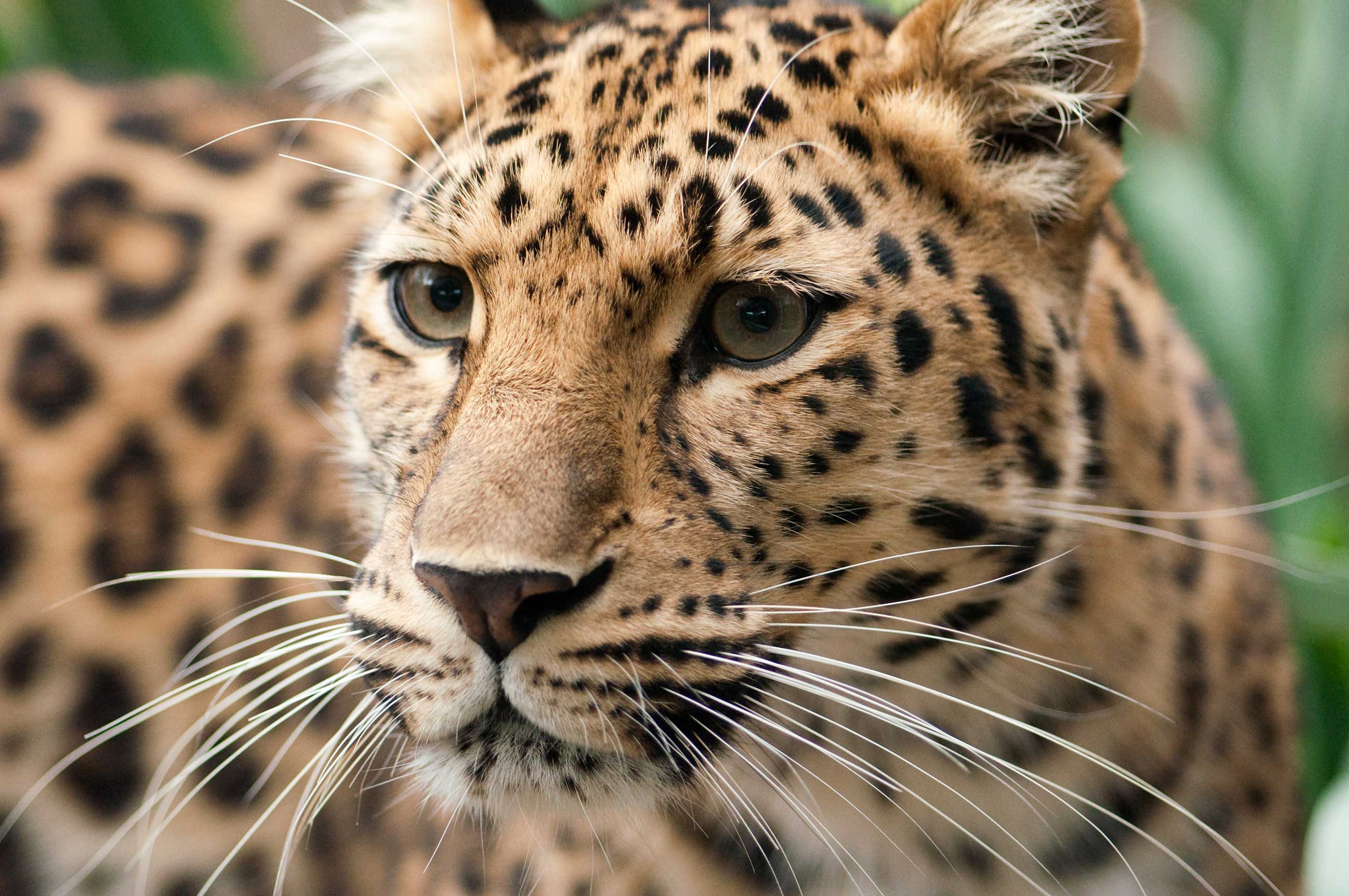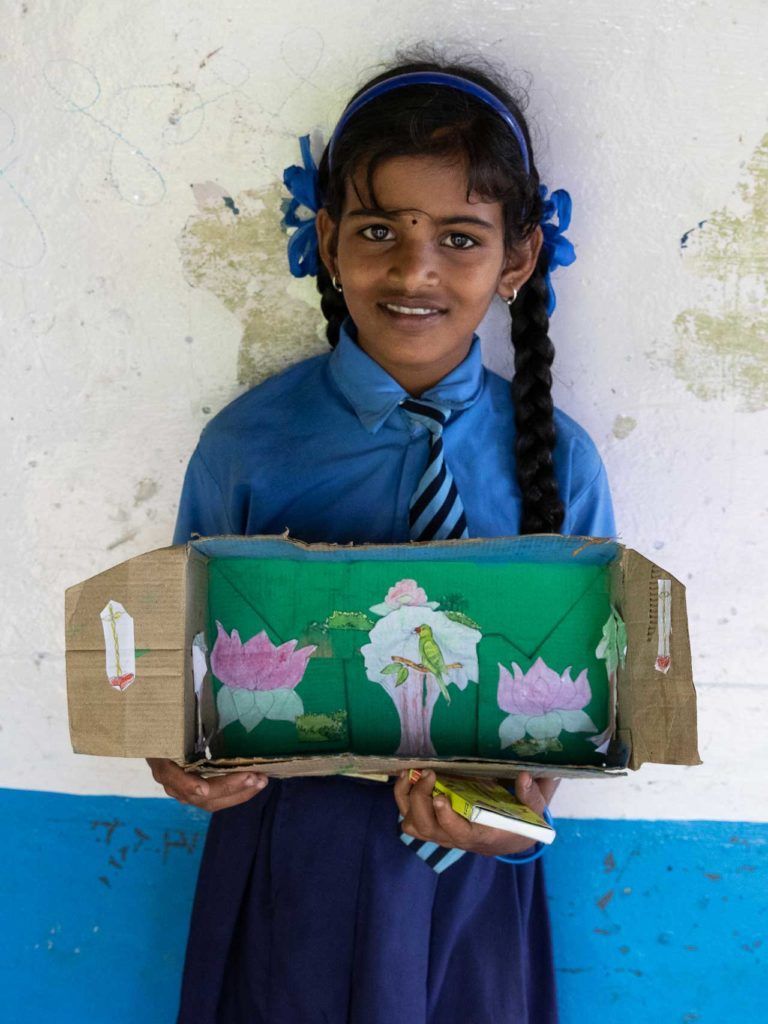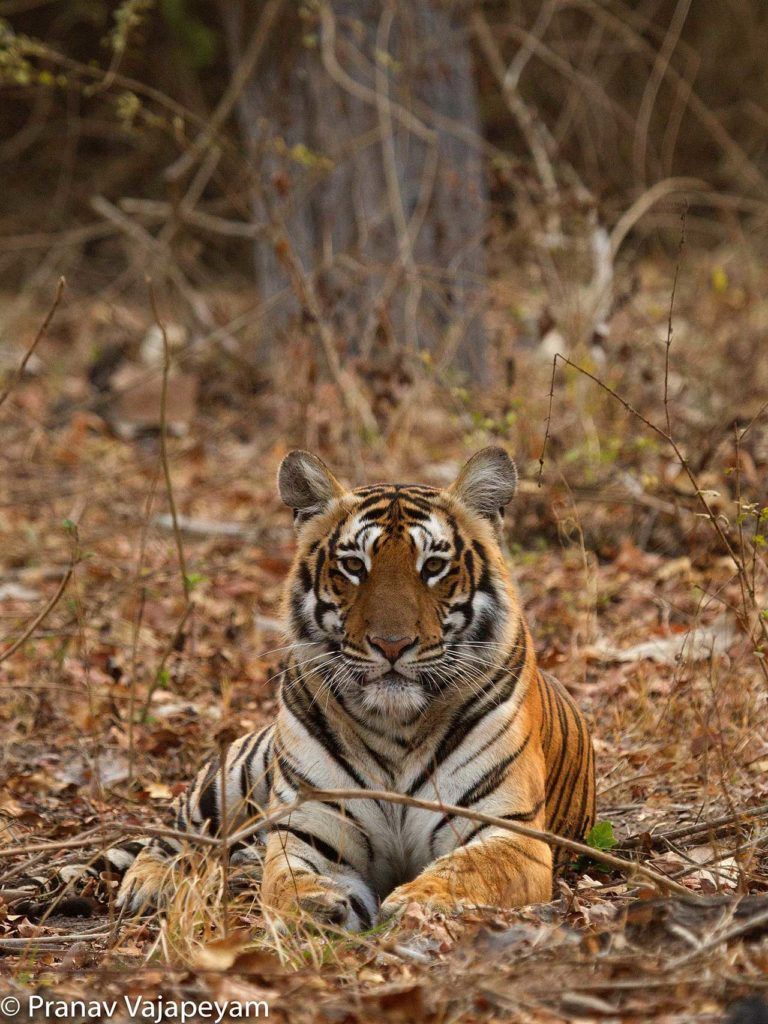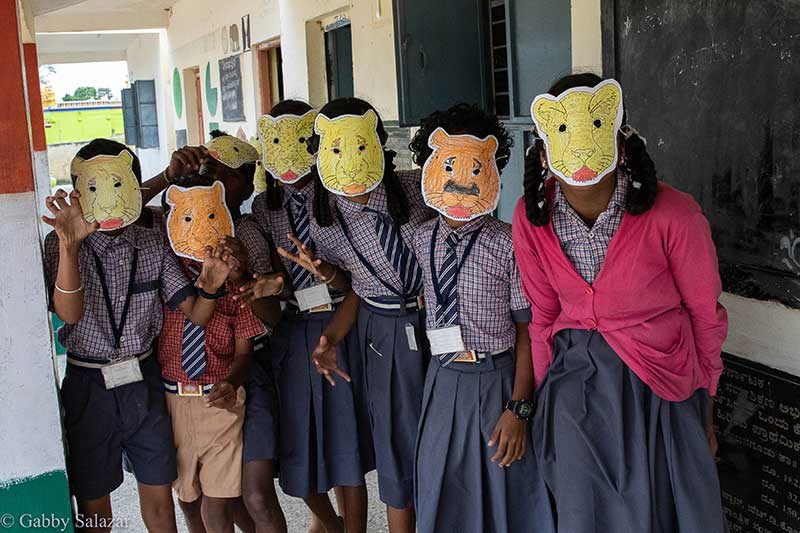Children living cheek by jowl with wildlife in India

Funding for this project has now finished
Wild schools in India
India is an immensely wealthy country in biological terms. It has over a billion people and 7% of the world’s fauna. But unfortunately, rapid economic and demographic growth, and intensifying use of land has led to much higher human-wildlife conflicts. Especially on the edges of protected reserves. Every year, 80,000 cases of conflict are reported and 20% of those incidents involve leopards and tigers. Unlike in other parts of India, significant big cat populations are found outside protected areas in the State of Maharashtra. It is one of India’s highest conflict-reporting states.


Because these large, dangerous animals live in such close proximity to high densities of people, it is critical that we ensure local communities are persuaded that wildlife is important and needs our help. Decades of conflict between humans and wildlife mean that children are often deeply affected by these negative interactions. Therefore, it is imperative to interest children in wildlife, build their tolerance for wild creatures and encourage them to take stewardship of wild places. Well-designed conservation education is critical in building an interest in, trust of and love for the wildlife around them.
Working towards a solution
Wild Shaale (‘Shaale’ means ‘school’ in Kannada) is a unique Indian environmental and conservation education programme. Designed by our partners at the Centre for Wildlife Studies in India, it has three primary goals. First, it aims to nurture interest in, and inculcate empathy toward India’s wildlife and wild places. Second, it fosters tolerance for wildlife in rural communities focusing on children as future stewards of the environment. Third, it educates children about local wildlife conservation issues and provides basic coping and safety mechanisms to better coexist with wildlife.

Designed specifically for Indian school children, Wild Shaale focuses on working with school-aged children from rural communities who live alongside these nature reserves. These children will have encounters with big cats and experience, first-hand, the frequent losses of livestock. Ocasionally these encounters will be even worse, resulting in the injury and death of a family member or friend. With PTES support the CWS team will extend their reach to 3,000 children living in 50 high human-wildlife conflicts village schools surrounding protected areas in Maharashtra, India. We have high hopes that working with the youngest members of the community, we can build a tolerance for and love of the wild species they share their home with.
Thank you to all our donors who helped us fund this work. You can help us support more projects like this with a donation today:
